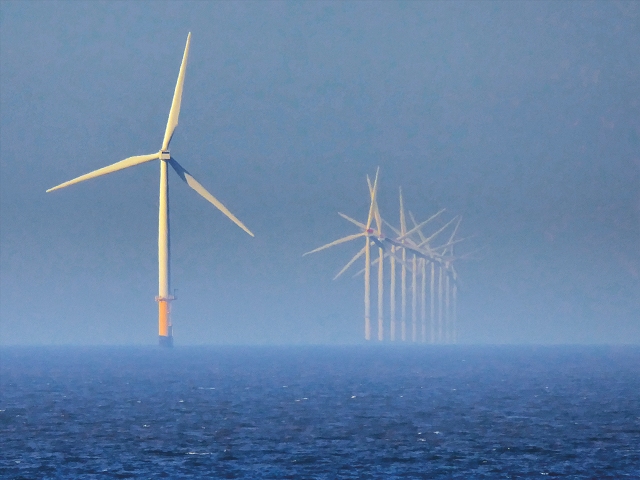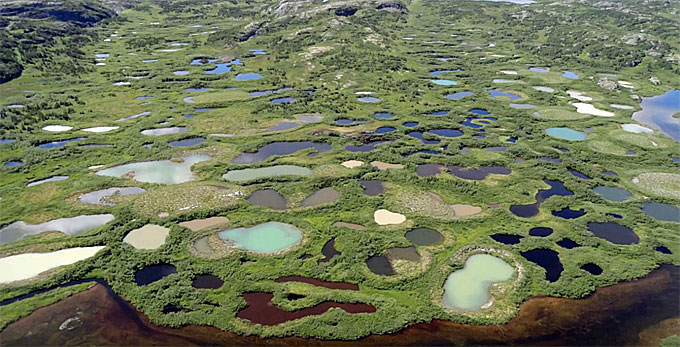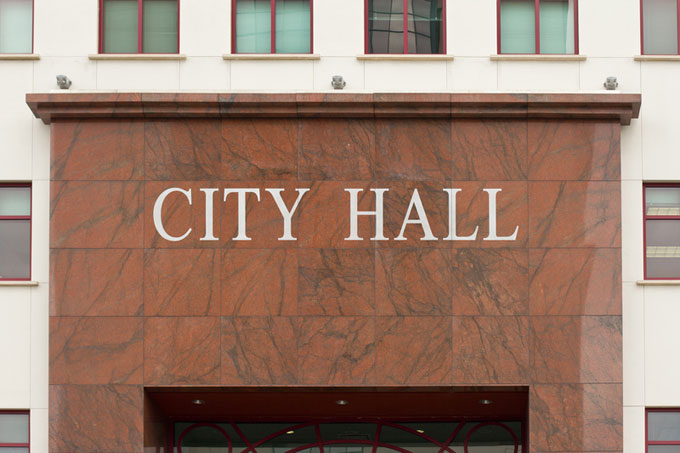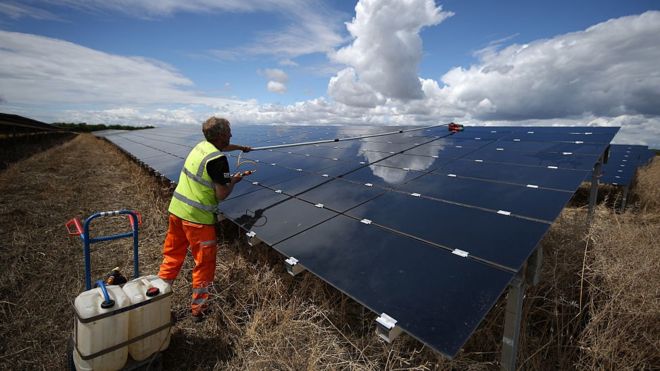Germany will join a growing group of EU countries to support the pledge to aim for carbon neutrality by 2050, increasing the likelihood EU leaders will agree to the goal at a meeting this week (20-21 June), several media outlets report. Documents show that Germany has thrown its weight behind an EU-wide target to cut net carbon dioxide emissions to zero by mid-century, after having resisted such calls by several neighbouring countries, including France, for months. Angela Merkel’s spokesperson Steffen Seibert largely confirmed the media reports. [Update adds Seibert's statement.]
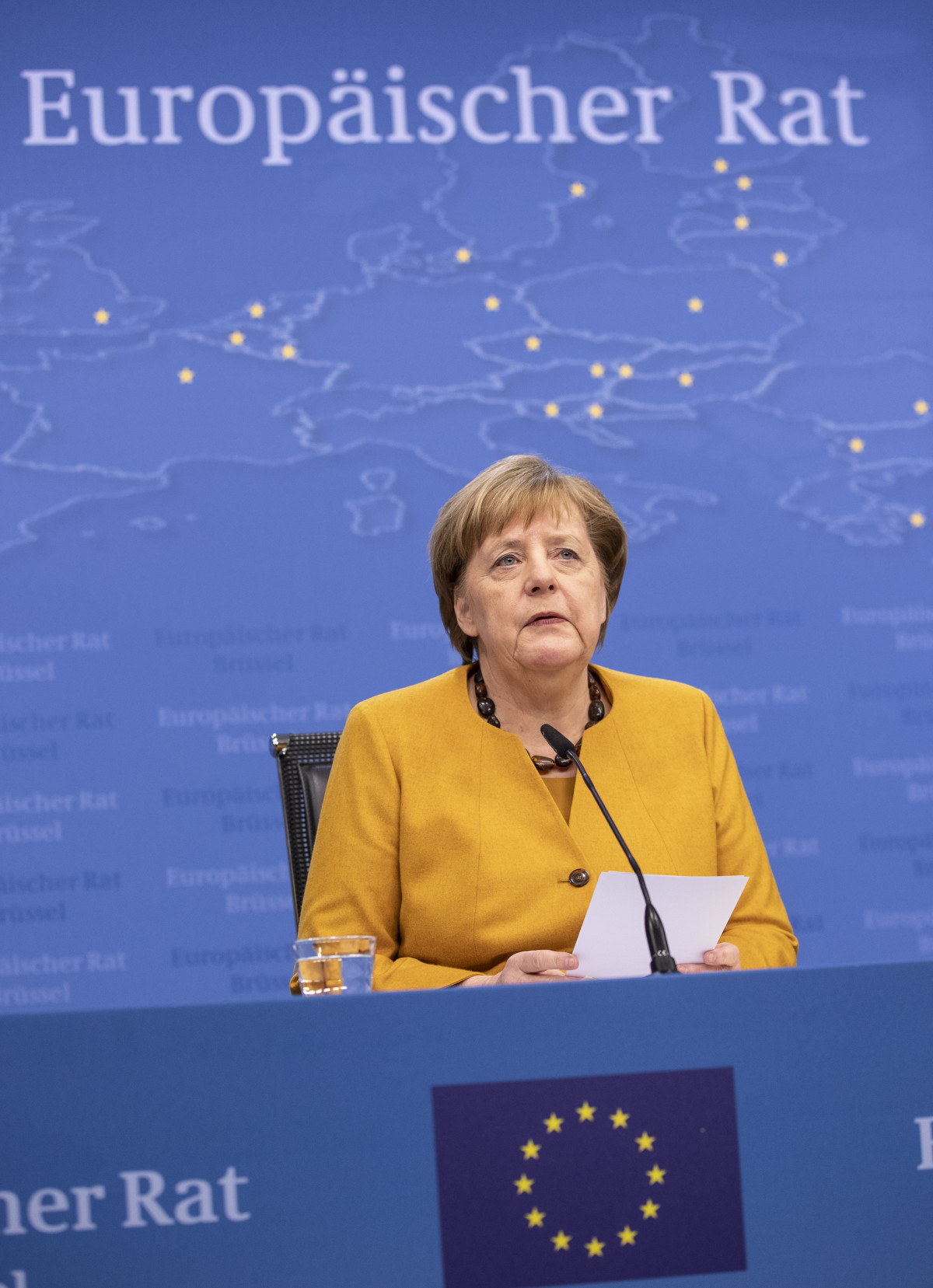
Continue reading at: Germany to support EU climate neutrality by 2050 – leaked documents

Continue reading at: Germany to support EU climate neutrality by 2050 – leaked documents



